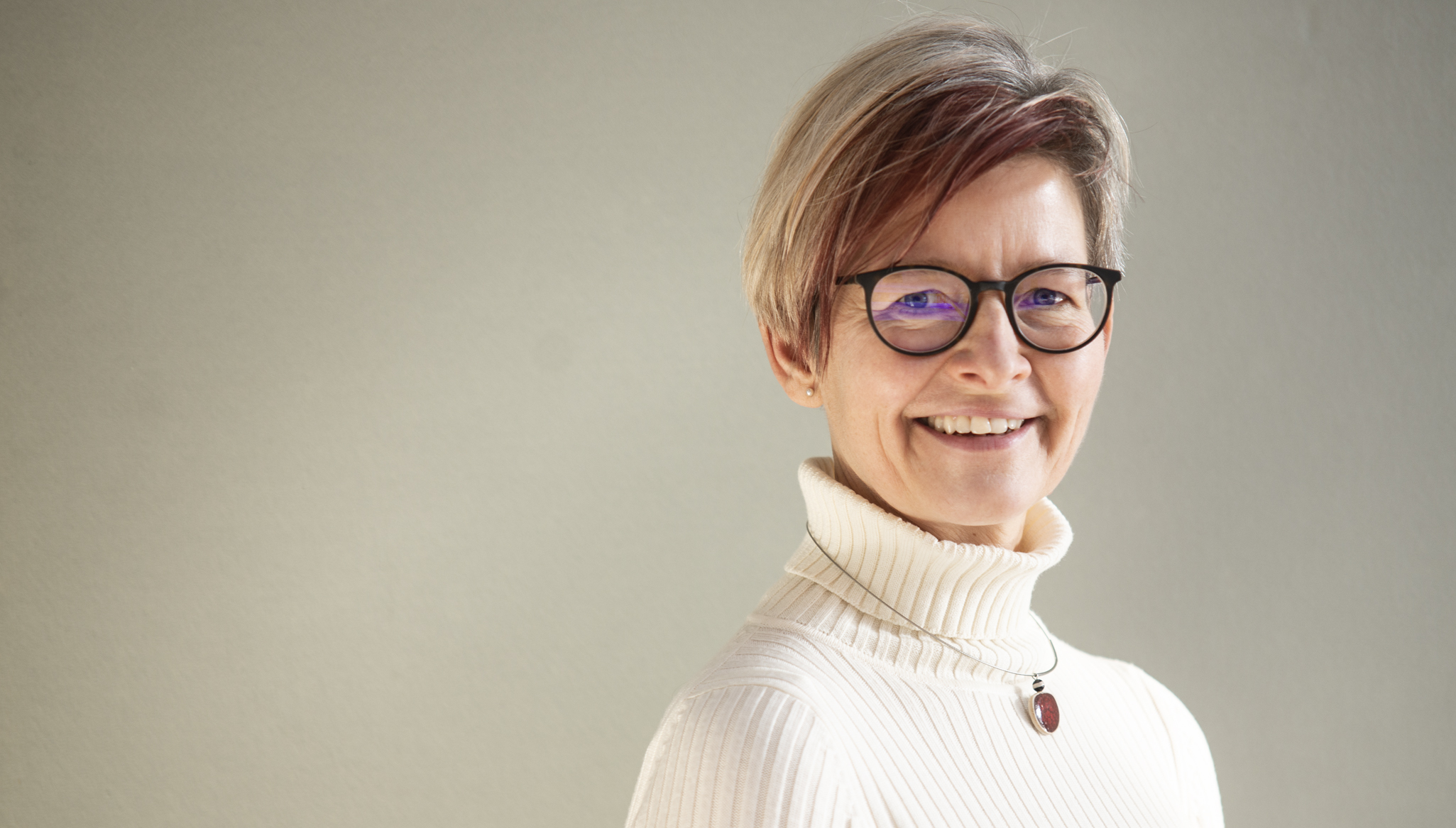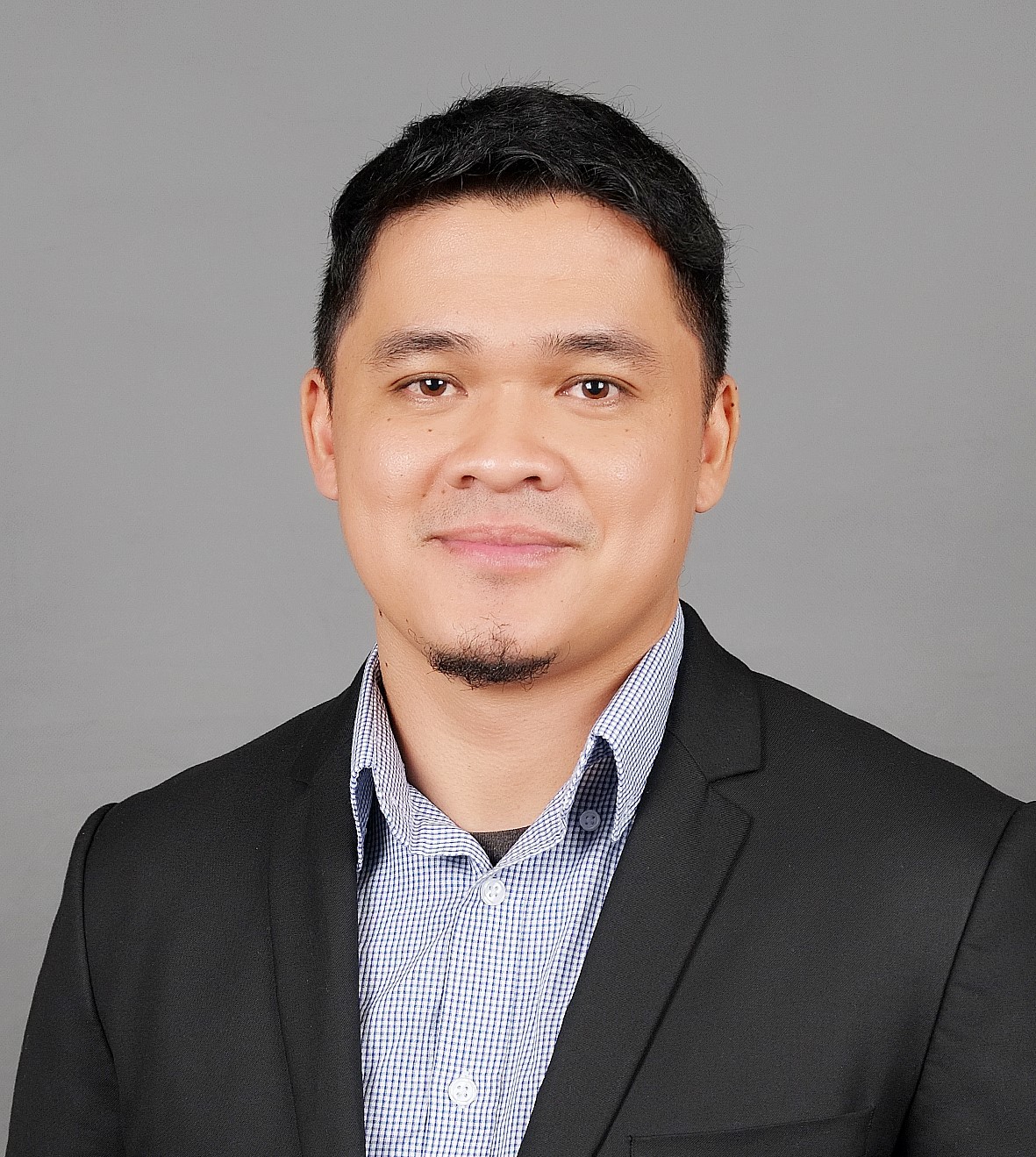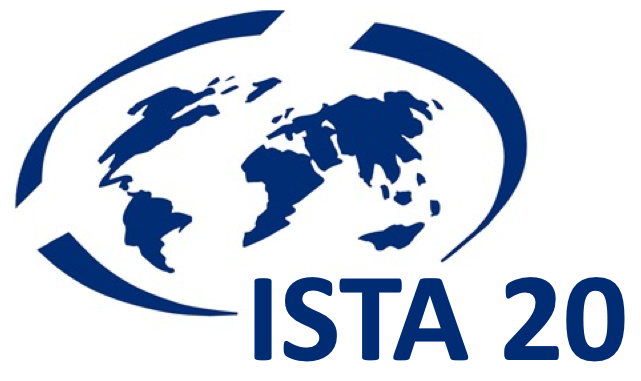Dr. Kristin Schirmer
Keynote Presentation - Monday, August 15, 2022 at 11:10 am

TITLE: Toward a virtual fish for chemical screening and environmental risk assessment
I am a cell biologist by training, advancing cellular models to understand the impact of chemicals and other stressors on fish as important part of aquatic ecosystems. I learned the trade of fish cell culture in the laboratory of Professor Niels Bols at the University of Waterloo in Ontario, Canada, amidst an inspiring group of distinguished environmental toxicologists. Using such cells to develop experimental models and build strategies that aid in the reduction and replacement of fish in chemical screening and environmental risk assessment has become my passion. One of the greatest successes that I have been able to accomplish with my team, after years of intensive research, are the adoption of the so-called RTgill-W1 cell line assay for acute fish toxicity prediction as ISO standard 21115 and OECD Test Guideline 249, the very first such globally accepted protocols using fish cells. Moreover, our work has resulted in a Spin-off: aQuaTox-Solutions GmbH is the first company offering animal-free alternative testing methods for fish, focusing on fish cells and fish embryos as test models. In my presentation I will share my vision of where to take alternatives to conventional tests with fish next.
Dr. Deo Florence L. Onda
Keynote Presentation - Tuesday, August 16, 2022 at 11:10 am

TITLE: From the ‘epicenter’: status and challenges of tackling plastics pollution in the Philippines and Southeast Asia
I am a microbial oceanographer who is trying to contribute to the understanding of how the smallest organisms contribute to the globally significant biogeochemical processes. As a tropical Pacific Islander, when I did my PhD with Dr. Connie Lovejoy, Universite Laval, Quebec, Canada, I had the privilege of understanding how climate-related changes are affecting the foundation of aquatic ecosystems in the Arctic Ocean. I then moved to Germany to work as a Postdoc at the Alfred Wegener Institute for Polar and Marine Research to investigate species displacement happening in Fram Strait due to the ‘Atlantification’ of the Arctic systems. I then brought these experiences with me as I established my own research group at The Marine Science Institute in the University of the Philippines in Diliman. Being at the ‘epicenter’ of the global marine plastics pollution, I took the challenge of contributing to the understanding of this issue, as we are now involved in several initiatives to look at the extent of pollution in different marine environments and biota. In my presentation, I will be sharing with you the current status and challenges on tackling this problem in the ‘epicenter’ by providing studies and perspectives from the Philippines and the larger Southeast Asian region.
